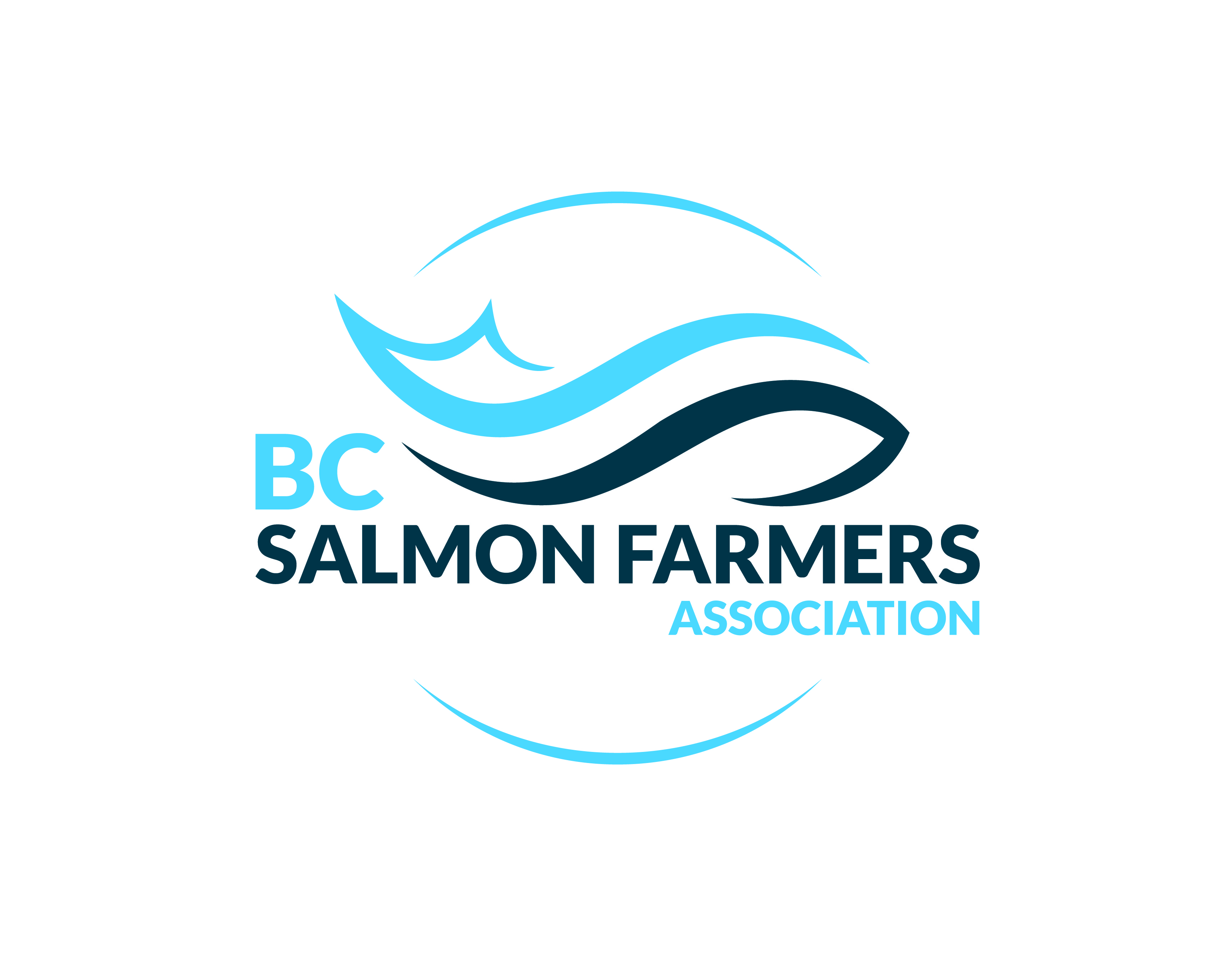Unique Training Program Inspires Career Success
The unemployment rate for the working-age Aboriginal population is more than twice the rate for other Canadians of the same age, and it’s even higher for those living on reserves – especially remote First Nations communities such as Ahousaht in the Clayoquot Sound.
The Ahousaht Nation has 25 reserve sites within the nation’s territories, the largest being on Flores Island, all accessible only by floatplane or boat. With over 2000 members Ahousaht Nation is the largest of the Nuu-chah-nulth nations, and the largest single nation on the west coast of Vancouver Island. Approximately one third of Ahousaht live within Ahousaht traditional territories.
Cermaq Canada, B.C.’s second largest salmon farming company with 27 sea sites around Vancouver Island, has had a protocol agreement with Ahousaht for more than a decade. The agreement was renewed, and broadened, in 2010 with a goal of working together to develop a sustainable salmon aquaculture business, incorporating Ahousaht’s respect for and balance among all living things. One of the cornerstones of the partnership is to collectively develop aquaculture training programs for Ahousaht people that lead to long-term, well paying, year-round employment.
Cermaq and Ahousaht have partnered with Excel Career College to deliver a unique Aquaculture Technician Diploma Program. One of the most important keys to the success of the program is that does not require students to travel to larger centres like Nanaimo and Campbell River, but rather takes place in the remote communities with customized curriculum for each community to effectively train students, preparing them for the realities of the job.
In order to give the students the best possible education in their remote communities, the Excel team tries to hire a liaison and some instructors from within each First Nations band. As part of the curriculum they have elders and cultural leaders speak specifically to the students about bringing their culture to the workplace, and the adaptations they might experience – encouraging them to move forward.
The entire program (six months of training plus a practicum) is geared towards the job – what happens on the job, what it feels like on the job, and how to respond to situations on the job. It’s very specific to what the students will encounter working in the aquaculture industry in British Columbia.
“We have worked with some amazing students delivering this program, and are proud to say we have a hiring success rate of over 95% for students upon graduation,” said Pauline Stevenson, founding President of Excel Career College. “By delivering the program in their community, working with local people, and tailoring it directly to the job we’ve managed to put great people to work in rewarding careers.”
One of the recent graduates, Beau Campbell, in his early 20’s from Ahousaht is a perfect example. He was struggling to find full-time, long-term employment, having worked at a fish plant in Ucluelet and as a water taxi driver in the summer. He didn’t want to worry anymore about where he would be next week, or next month – he wanted a stable job – so he decided to take the program because he has friends in the industry. It wasn’t until Beau was on his practicum at a Cermaq farm near Tofino that he realized the importance of the classes he was taking and how prepared he was to be on the job.
“It’s something that I could see myself doing and maybe keep climbing the ladder to better my position with the company,” said Campbell. His advice to anyone entering the program is to “show up and have a mind ready to learn. If you put your mind to it then there’s nothing holding you back from finishing the program and getting a good job.”
Since its inception, the program has changed slightly, adapting to different recommendations based on changes in the industry. The fundamentals, however, have stayed the same from day one – training for the job to ease the transition into employment with some of the industry’s most recognized companies, such as Cermaq Canada, Grieg Seafood, Marine Harvest Canada, Creative Salmon, Robertson Creek Hatchery, AKVA Group North America and Seed Science.
“Cermaq Canada’s commitment is to provide opportunities for employment in the remote communities, while supporting training and education for First Nation and community partners,” said Laurie Jensen, Communications & Corporate Sustainability Manager. “Programs such as these are extremely valuable as they provide the necessary skills to succeed on the job.”
So far the program has been offered by Grieg Seafood and Muchalaht First Nation in Tsaxana, Cermaq Canada and the Ahousaht First Nation, and Marine Harvest and the Gwa'sala-'Nakwaxda'xw First Nation in Port Hardy but, as the aquaculture industry continues to expand, Excel is looking to forge more partnerships with other First Nation bands.
“It seems that between growth, attrition, and upward mobility we haven’t event come close to filling the need in the industry for trained, certified employees,” said Stevenson. “We expect to take the program on the road so we’re ready to go almost at the drop of a hat.”
What it comes down to is that the program acts as a conduit for the students to see what they’re capable of, which then fuels a drive to succeed and pursue their aspirations.




